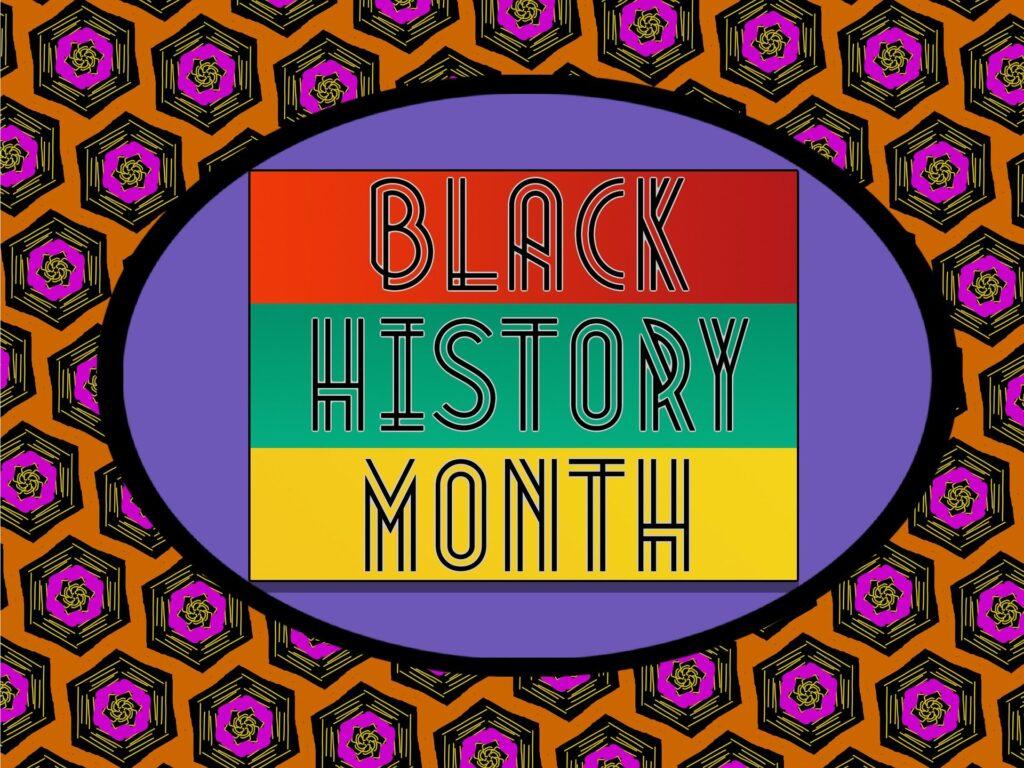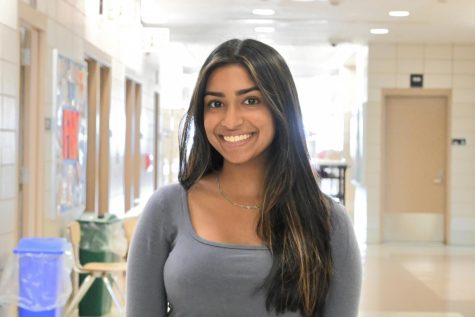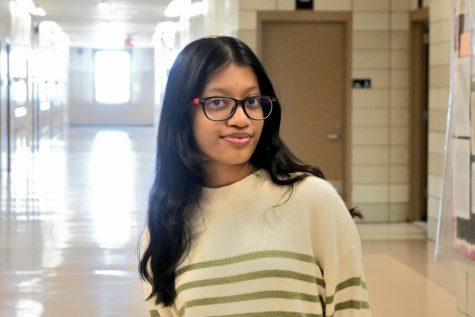
To celebrate Black History Month, the Townsend Harris High School Student Union has compiled a list of events recognizing and celebrating Black history and heritage. The purpose of these events is to allow Harrisites to educate themselves, share their experiences, and acknowledge what they can do to better their community.
Throughout February 5 and 6, the Queens Public Library held a Black Health Summit event with experts and entertainers discussing the topics: Mental Health and the Black Community, Raising Black Children, and Health Equity and the COVID-19 Vaccine. These events aimed to provide inspiration, support, and knowledge to all communities during the pandemic. In the Health Equity lecture session, Dr. Kizzmekia S. Corbett discussed the disproportionate COVID-19 infection and death rates in the Black community. The Black Health and Virtual Healing Summit targets the inequalities in the US healthcare system and provides access to critical information and resources for Black health.
In addition, the Mental Health and the Black Community workshop offered resources to educate, transform, and activate healthier practices for the mind, body, and soul. “I really like the idea of the Queens Library Health Summit,” said sophomore Stella Cho. “[In times like these, where racism is especially prominent through nationwide occurrences], the lectures and workshops are a great way to educate and activate better mental health. With experts in fields of medicine and science, as well as notable entertainers, musicians and athletes, the event is a great way to heal the Black community.”
On February 11, HerStory, a women’s empowerment campaign dedicated to the acknowledgement and appreciation of historic females who have shaped humanity and the world today, took the virtual stage. During this event, the Leadership & Arts Coalition hosted a YouTube live stream displaying the artwork of numerous influential Black female artists. Artist Jahne Brown and many other Black female creators submitted works that illustrate the treatment many Black women face in our society today. One piece that was featured was titled “Color Me” by Logan JM, created to celebrate JM’s queer identity. It was also influenced by the shutdown of pride protests during the coronavirus pandemic and represented the frustration many feel.
During February 17, the Woodson Project held a discussion that focused on Black people’s future and experiences. It centered on Black college students and their experiences whilst trying to gain an education. Christopher Logan, a college counselor, spoke about some of the experiences he has seen or heard from students in regards to both the positives and negatives of attending a predominantly white institution. Logan was also able to break down myths about historically black colleges or universities (HBCUs), which included the necessity of these or their quality of education if HBCUs are only for black students. Lastly, Logan shared advice to the others that didn’t necessarily focus on HBCUs on how to choose the college that best fits you and how to prepare for that future experience.
On February 25, the New York Public Library will host a book club reading and spotlighted Stamped: Racism, Anti Racism, and You by Jason Reynolds and Ibram X Kendi. The book takes readers on a journey throughout history, exploring the origins of racism in crucial historical moments and reasons why racism lingers on today. Over the summer, principal Brian Condon encouraged all students to read the book. Many students have also expressed support for reading and analyzing America’s experience with racism, human rights, and African Americans. “It definitely challenged my understanding of racism and anti-racism,” sophomore Brian Hsu said. At the end of the book, both authors challenged everyone to take action, using their potential and turning them into power, welcoming an antiracist America. Junior Yuhang Jiang said, “[Stamped] is just the right book to be presented in Black History Month. It dives into a variety of Black heroes who fought endlessly for equality in America.”
“It’s important for students to be educated about Black history and representation because when we all speak out against the systemic and individual acts of racism that disenfranchise our students in and out of the classroom, there will be no place for hate or bigotry,” said Coordinator of Student Activities Sarah Loew. “By developing a historical and sociological toolkit to understand our history, we can be more intentional in our education.”






























